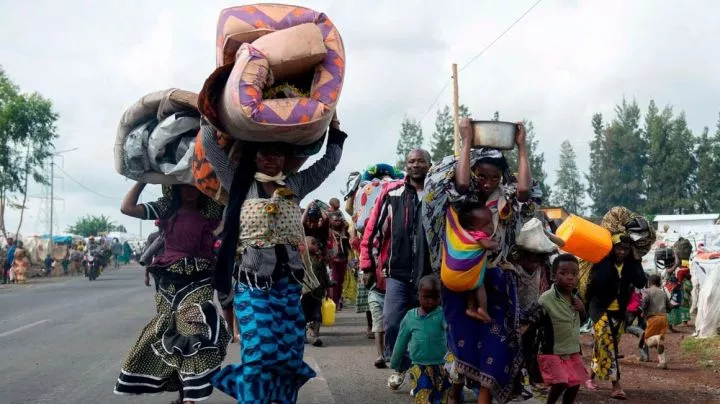
The ceasefire negotiated in Luanda between Rwanda and Kinshasa was broken even before it could kick in after violence erupted between the warring sides in eastern Democratic Republic of Congo.
In spite of committing to a ceasefire from August 4, M23 rebels began advancing and capturing towns in restive region, notably Nyamilima and Ishasha.
According to the UN mission, Monusco, after four weeks of relative cessation of fighting, due to the double "humanitarian truce" proposed by the USA, the rebels have violated their commitments to peace.
"Monusco strongly condemns the violation of the ceasefire of 4 August by the March 23 Movement (M23) with the capture of Ishasha (North Kivu/DRC). This violation compromises stabilisation efforts in the region and runs counter to the agreement signed in Luanda on 30 July 2024," the peacekeeping mission said in a statement.
The rebels themselves say that they are not "automatically bound by the Luanda negotiations." They see these negotiations as talks on "a bilateral level between two states -- DRC and Rwanda -- under the aegis of Angola".
This explains the resumption of fighting in Kivu.
Between Saturday and Sunday, some civil society actors reported violent clashes between M23 and local armed groups in the localities of Kiseguru, Katwiguru and Kisharo, where at least eight civilians were killed, and some inhabitants fled to Uganda, together with some Congolese police officers.
Nearly 100 Congolese police officers at the weekend fled to neighbouring Uganda as fighting intensified, a Ugandan military spokesperson said on Monday.
The officers arrived via the Ishasha border crossing in Kanungu district in southwestern Uganda, said Major Kiconco Tabaro, a regional spokesperson for the Uganda People's Defence Forces.
The US had earlier brokered a two-week ceasefire that lasted until Sunday. In that, too, sporadic fighting was seen even though it was meant to allow humanitarian supply to the displaced.
The M23 action is counter to the commitments between Rwanda and the DRC who, mediated by Angolan President João Lourenço.
President Lourenço has targeted direct state-to-state talks between Rwanda and DRC as a longer route to ending the violence in eastern DRC.
Rwanda is accused by Kinshasa of sponsoring M23 rebels, even as Kigali accuses DRC of backing FDLR rebels, remnants of the 1994 genocide, seen as keen to destabilise the Rwandan state.
Adam Chalwe, a member of the Alliance Fleuve Congo (Congo River Alliance), a coalition to which M23 belongs, said on Tuesday that the rebels had "an unshakeable will to liberate the Congolese people."
According to the communiqué of the July 30 talks in Luanda, intelligence experts from Angola, Rwanda and the DRC were scheduled to meet in Luanda on August 7 to continue consolidating peace efforts in the DR Congo and the region.
Now, the statements by the warring sides signal that violence will continue, with the number of people in need of humanitarian assistance rising.
On Tuesday, speaking in Brussels, where he is staying, President Félix Tshisekedi ruled out any negotiations with the M23 or its political wing.
"As long as I am president, I will never face the M23 or the AFC (Congo River Alliance)," he asserted.
He said it was Rwanda that requested a ceasefire.
"It was Rwanda that requested the ceasefire, not us."

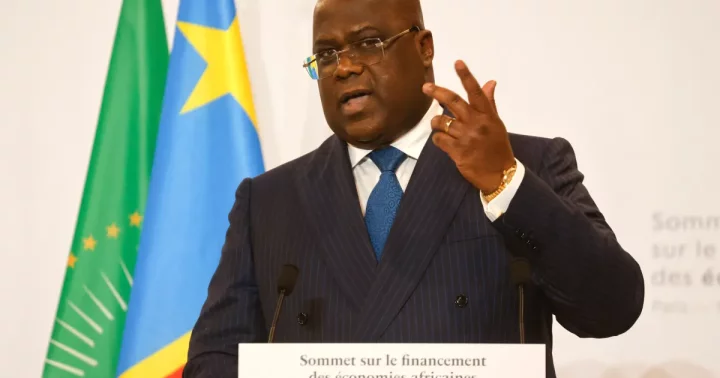
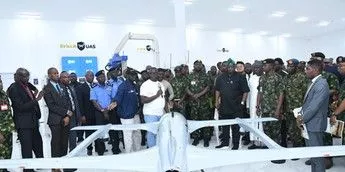
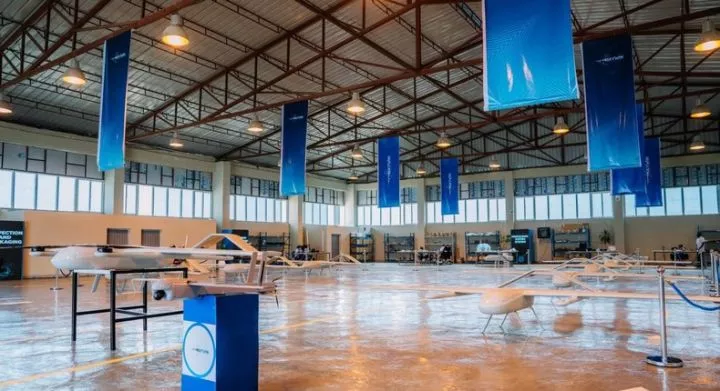
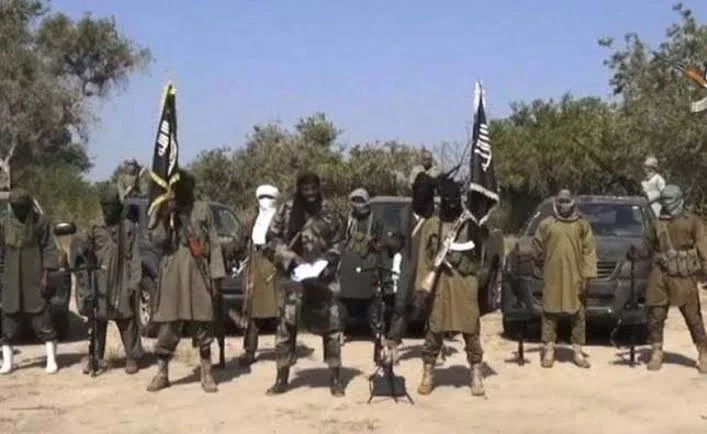
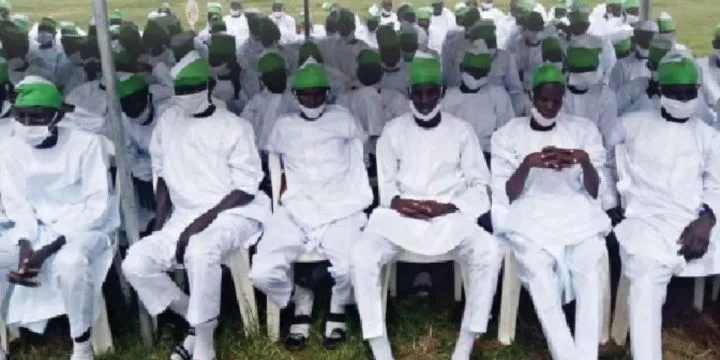
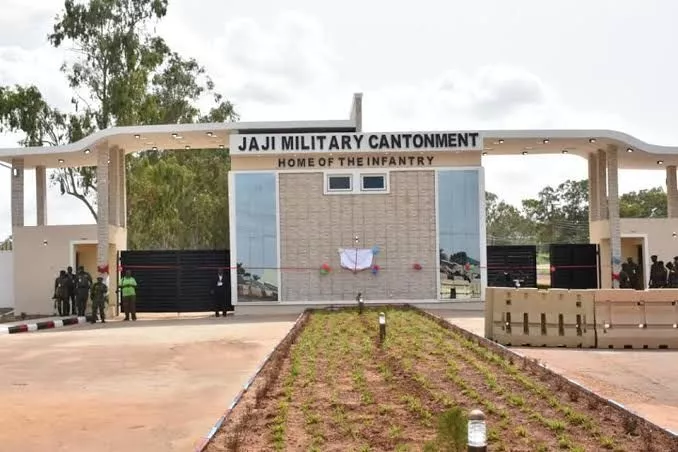
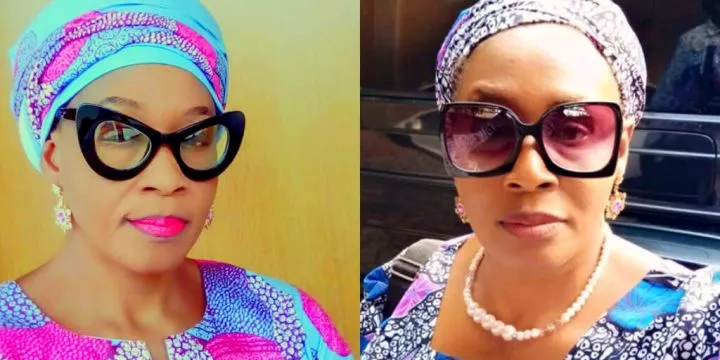
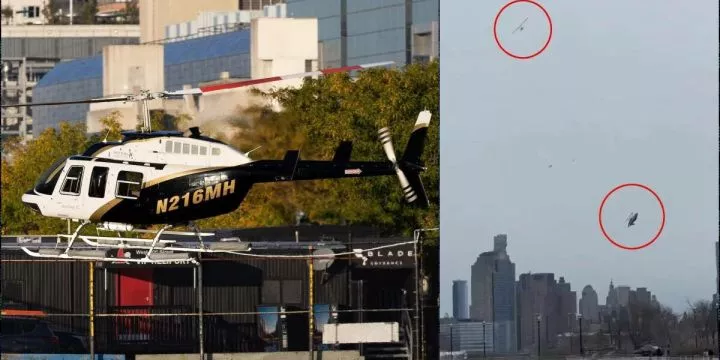

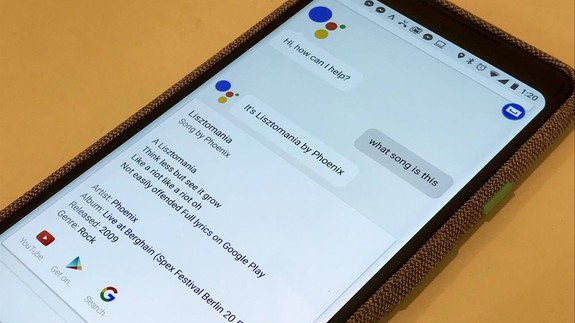

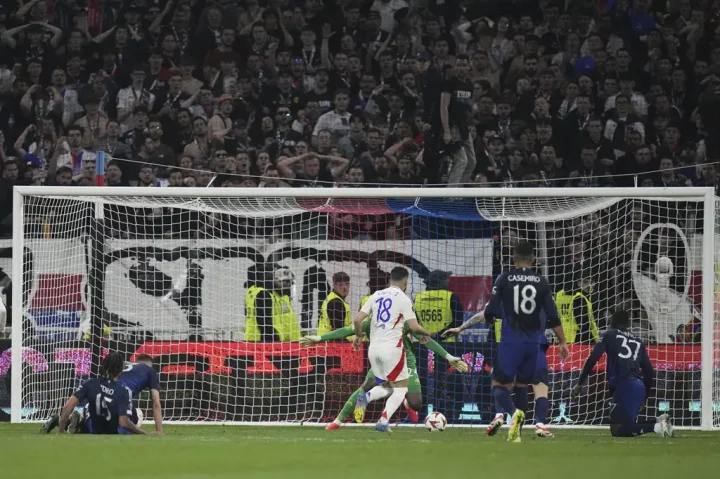
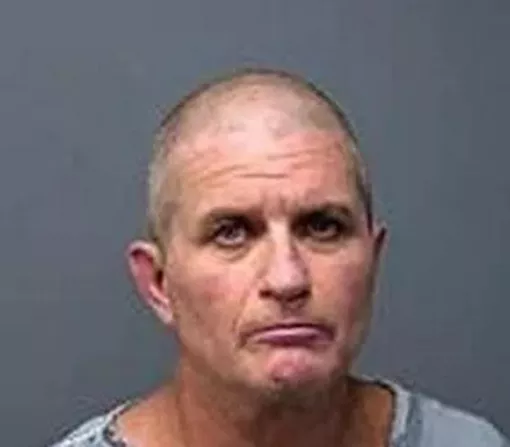


Comments